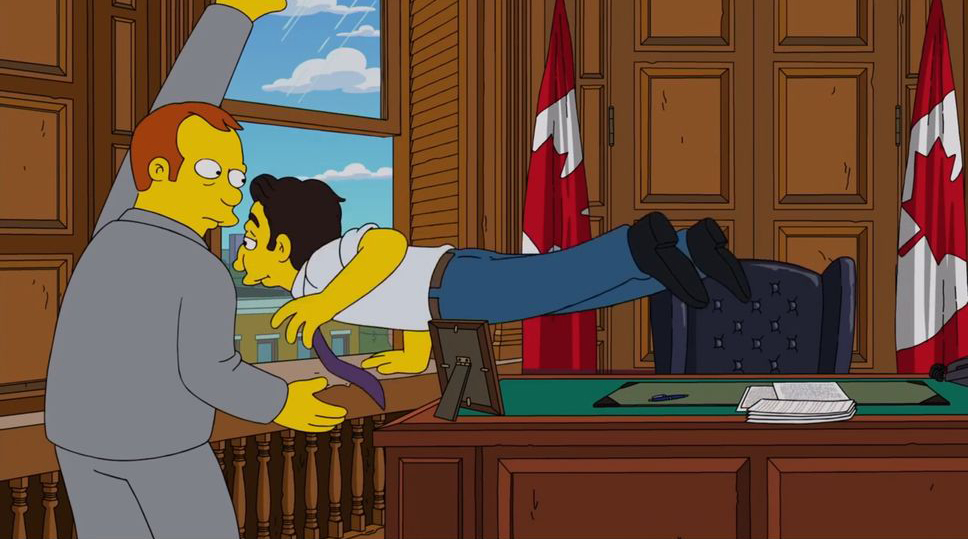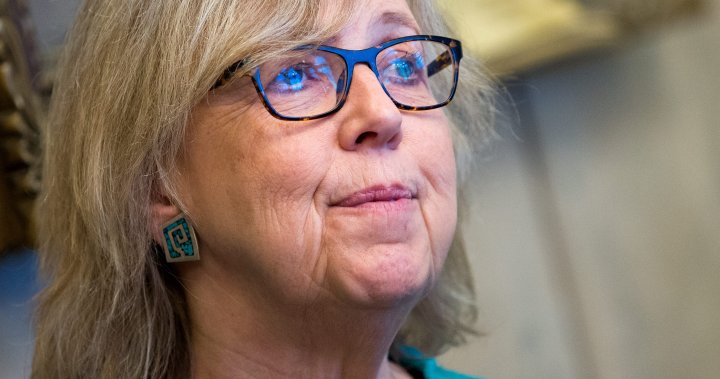Business·Analysis
An east-west power grid, Canada's elusive national dream
Kyle Bakx · CBC News · Posted: Feb 14, 2016 5:00 AM ET | Last Updated: February 14, 2016
[...]
A big and expensive idea
Similar to most large infrastructure projects, the price tag for transmission lines can be hefty. The longer the distance, the bigger the sticker shock.
In Manitoba, the cost estimate of the Bipole III transmission line has climbed from $2.2 billion in 2007, to $3.3 billion in 2011, and up to $4.6 billion in 2014. It's
a 1,400-kilometre line. An east-west grid connecting the four western Canadian provinces would likely span at least 2,000 kilometres.
A second impediment stands in the way of an agreement between provinces. It's not only having the political will to strike such a deal, but finding out how one province's system can mesh with another. This would be complicated in the case of Alberta, which has a deregulated electricity market, where private companies can build power plants and transmission lines under the watch of regulators.
Maybe that's why Alberta Premier Rachel Notley has been cool to the idea of an east-west grid, describing it as "a bit hypothetical."
Traditionally, electricity has flowed north-south because distances between Canadian supply and U.S. demand can be shorter than the
east-west gap between generation in one province and demand in another.
[...]
Manitoba, Ontario and Quebec produce excess electricity they often sell to the United States. At the same time, other provinces like Alberta and British Columbia have to import electricity
in periods of peak demand.
In 2014, Canada exported 59.1 terawatt hours of electricity, but it also imported 12.8 terawatt hours. An east-west grid would share more power between provinces and reduce the need for buying and selling south of the border.
[...]
Thon points to the Mid-continent Independent System Operator (MISO) as an example. It's a connection between 15 states and the province of Manitoba. Electricity is interchanged to keep everyone powered up.
"It's a bit ironic that that kind of value is happening with Canadian provinces connecting to the United States, but we can't seem to make it happen in Canada," said Thon in an interview with CBC News.
An east-west grid makes sense, but he doubts it will ever become a reality.
"It will never happen, because it's a little bit like the pipeline debate we are having right now in Canada about who gets the benefits," said Thon.










